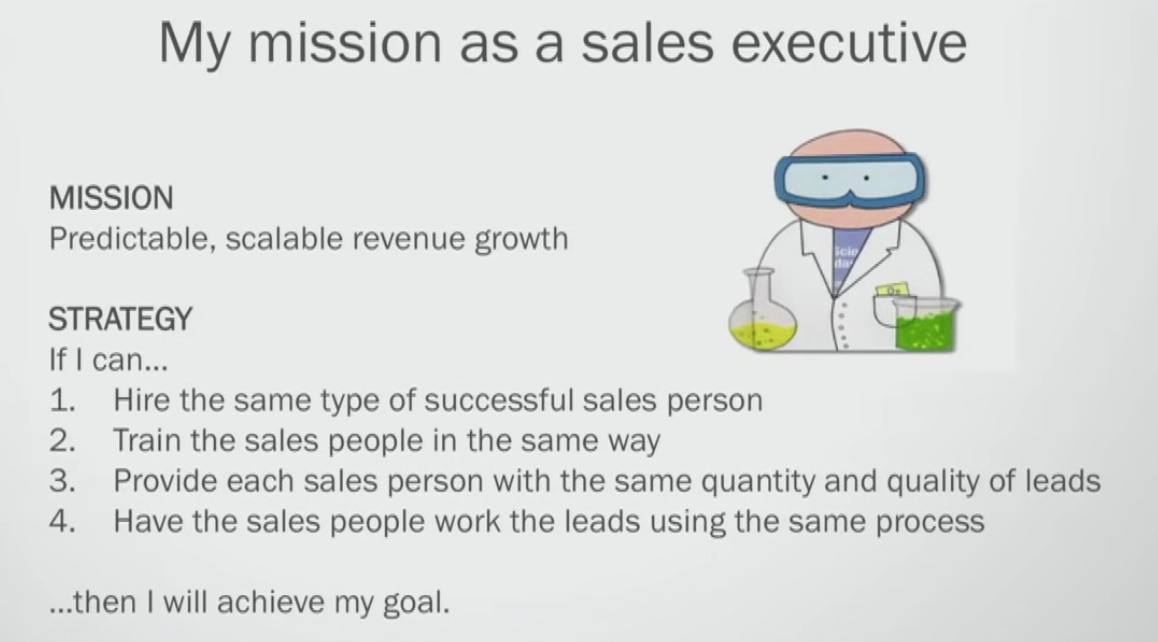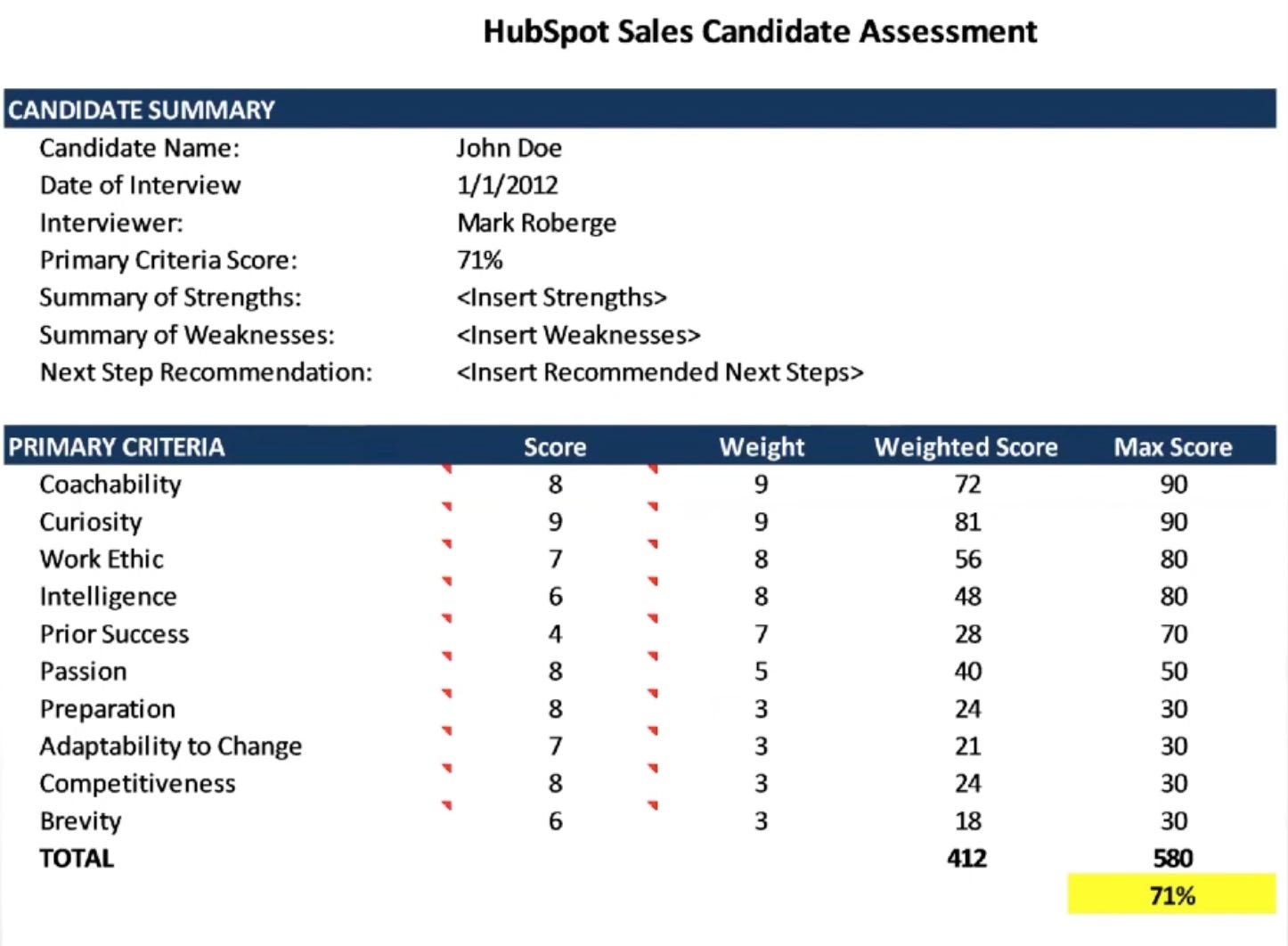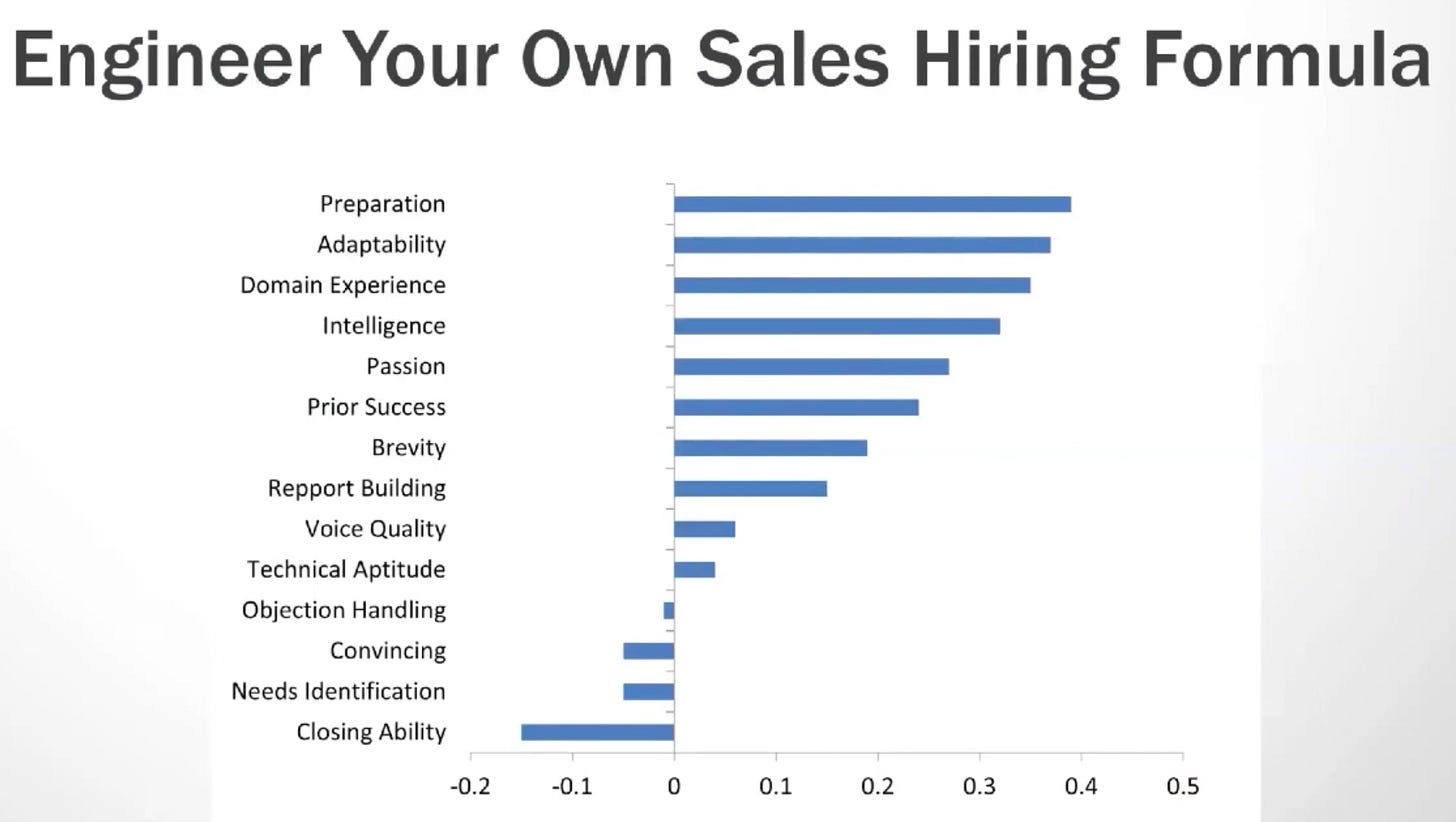🌊 Hubspot’s 0-$100M Sales Playbook
An actionable breakdown of Hubspot CRO's "Sales Acceleration Formula"
👋 Hello! I’m Ivan.
I write a newsletter about startups and investing. I share market maps, playbooks and tactical resources for founders surfing tech waves.
Summary
📈 Hubspot’s playbook: on scalable, predictable revenue growth.
💡 Thinking: writing as a recruiting cheat-code.
💵 Iberian Deals: 14 startup deals in Spain (>€50M).
📈 Hubspot’s 0-$100M Sales Playbook
Mark Roberge scaled Hubspot’s customer base from 0 to 12.000, and from 0 to $100M in revenue between 2007 and 2013.
Even though Mark came from a technical background (MiT Engineer), he was given a sales hat upon joining Hubspot as employee #3 (first sales job he ever had).
He wrote a remarkable playbook - The Sales Acceleration Formula. In it he lays out the 4 formulas he followed to achieve his mission.
What I love about this book is how he rejects the conventional wisdom that sales is more art than science. Most sales books focus on the “art of convincing” buyers.
This book does a 180 and presents the “science” of sales growth - basically a standardised and repeatable process built on tracking and experimentation.
The 4 main actionable “formulas” are a collection of repeatable processes, metrics, and calculations used to complete their mission of generating predictable scale:
Hiring: “Hire the same successful salesperson every time.”
Training: “Train every salesperson in the same way.”
Management: “Hold our salespeople accountable to the same sales process.”
Demand Generation: “Provide our salespeople with the same quality and quantity of leads every month.”
Technology & Experimentation: “developing a culture of experimentation.”
Let’s break it down a little further in case you want to action it.
1. The Sales Hiring Formula
“Hire the same successful salesperson every time.”
Key Idea: The ideal sales hiring formula is different for every company, but the process to engineer the formula is the same.
Data is king
The first year, Mark wrote down the 10 primary criteria he thought would correlate positively to successful sales hiring.
They defined what a score of a 1 to 3, or a 5 to 7, or an 8 to 10 would look like.
They were disciplined about scoring every single hire against that criteria.
Once 6-12 hires had been closed and they were able to assess their performance - they ran analyses to see what correlated to hiring success.
Here’s a regression analysis they ran in 2009 - which they used to continuously improve and refine their Candidate Assessment criteria:
The conclusion was fascinating: people misunderstood what “good sales skills” were - at least in Hubspot’s case.
When looking at the data, they saw:
“Traditional sales skills” (think car sales cliché) such as closing ability, convincing and objection handling, were negatively correlated with success.
And things that you would associate with a great consultant or a coach, like preparation, domain experience, and intelligence were highly correlated.
“This was some form of statistical proof that buyers wanted a different type of salesperson that was less the person that was jamming concepts down your throat, and more someone that they could trust, respect, get advisement from”
2. The Sales Training Formula
“Train every salesperson in the same way.”
Key idea = “A ride-along” (shadowing) training strategy is neither scalable nor predictable. Most top performing sales people succeeed in their own way. You must train salespeople to align with the modern buyer.





